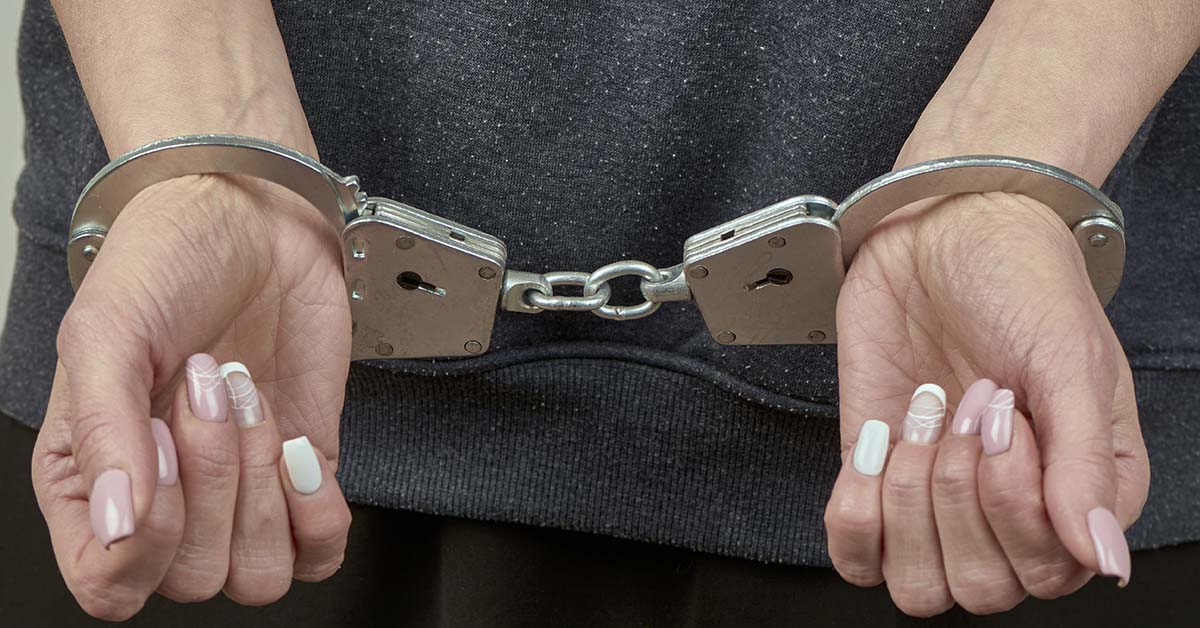The word “crime” comes with many severe connotations. It draws up images of burglars, drug dealers, embezzlers, carjacking thieves, scam artists, stalkers, and serial killers. But many crimes are much less dramatic and much more common, like underage drinking and distracted driving. Although these are laws people often break, it’s not surprising to receive a punishment if they’re caught. However, many people in the U.S. regularly commit actions they have no idea are illegal.
Using unsecured Wi-Fi
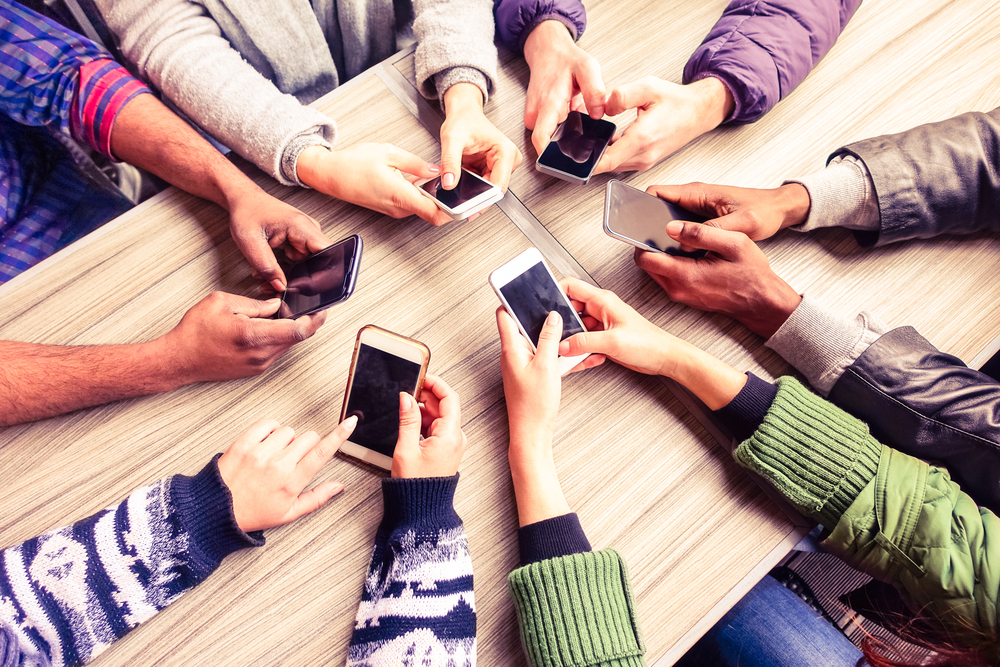
Also known as piggybacking, using unsecured WiFi is illegal in some areas, as is violating a company or website’s online terms of service (which few people read as they sign on to their library or coffee shop’s WiFi.) Even if your next-door neighbors gave you permission to use their internet, internet service plans and providers can cause issues for you, sometimes in the form of felony charges
Throwing out mail addressed to previous tenants
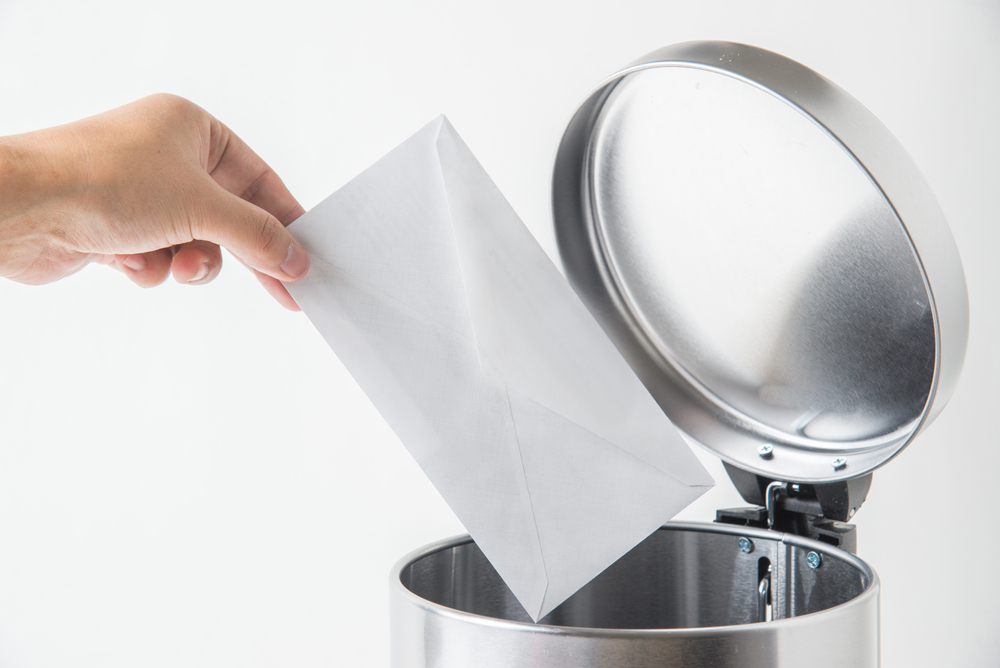
If you’ve recently moved, you’ve probably received mail addressed to the previous tenants who hadn’t informed the sender of their new address. This is a common but awkward scenario if you have no way of getting in touch with them. But it’s illegal to trash the mail, even if it’s junk mail, according to the Arag Learning Center. Instead, write ‘return to sender’ or ‘no longer at this address’ on the envelope then place it back into a mailbox. This will alert the post office staff who will hand-inspect the mail.
Sharing prescribed medication

Federal and state laws state that possessing or using medication not prescribed to you is illegal. Not only is this a crime, it’s sadly a common precursor to substance abuse and addiction, especially among adolescents, says a study from the Journal of Drug Education. Commonly abused prescription drugs include opioids (like Vicodin and OxyContin), stimulants to treat ADHD and narcolepsy (such as Adderall and Ritalin), and sedatives intended to manage anxiety and sleep disorders (like Valium and Xanax).
Read More: 9 Surprising Foods You Didn’t Know You Could Freeze
Not getting a dog license

Getting a pet license isn’t just to protect your dog; it’s a law that a surprising number of people break. Almost all states in the U.S. require owners to register their dogs with their local municipality, and they could be fined if they don’t. Licenses are not usually expensive, ranging from $20 to $100, but many people skip the process because they believe it’s optional. But keep in mind, lost unlicensed dogs that are taken to shelters could be adopted by others, or euthanized if there’s overcrowding.
Not updating your driver license when you move
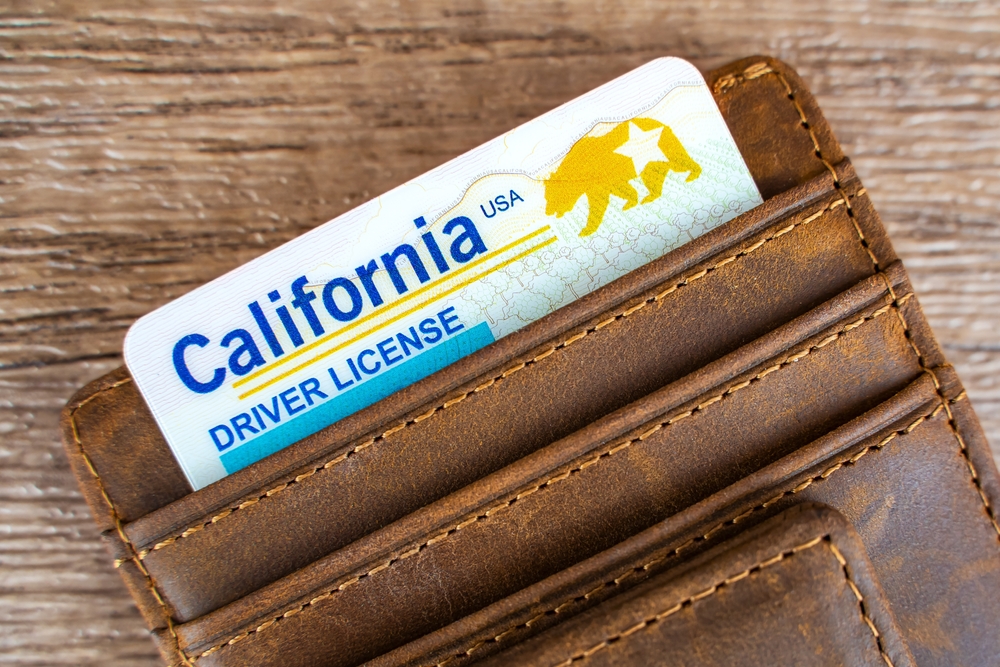
If you move to a different state, you must inform the Department of Motor Vehicles and update the information on your driver’s license. Failing to do so could lead to tickets, and in some cases, a license suspension. Don’t procrastinate either; put this action high on your moving to-do list, since some states demand you update it quickly. D.C. only allows five days after moving, according to Business Insider.
Peeing outside

Be warned if you’re starting a road trip or if you’re out late drinking with friends. Most states outlaw the public showing of genitalia. In fact, public indecency could get a person arrested and fined. Offenders can even be listed on the public sex-offender registry. Even urination on private property can lead to legal charges if the act is visible from a public location.
Driving with snow on your car
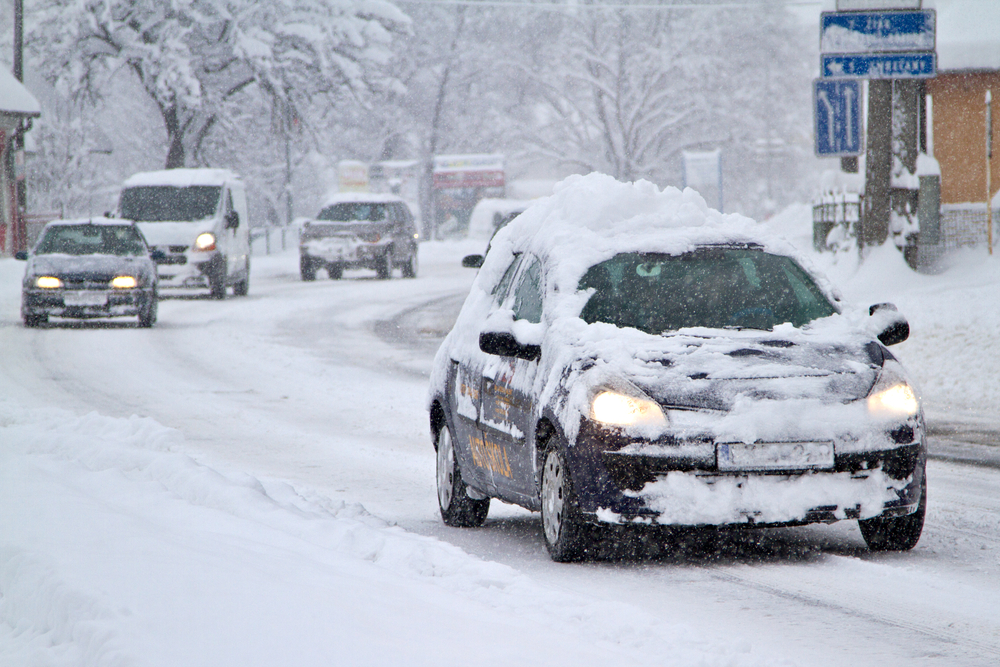
If you live in a wintry state, you know the frustration of rushing to work, only to step outside and see your car covered in snowfall. Time to grab a shovel and an ice scraper to clear the windshield and windows. But don’t ignore the chunk of frozen snow on the roof. Although it won’t impede your driving (unless it slides over your windshield), it’s a danger to everyone else on the road. A block of ice can hit another vehicle and seriously harm its passengers. Therefore, many states outlawed driving with ice and snow on the vehicle, says NPR. People who don’t comply can be subject to a fine or misdemeanor.
Interstate raw milk commerce

Raw milk is trending, according to some health social media influencers. This milk doesn’t go through the regulated pasteurization process that eliminates dangerous bacteria that can lead to severe illnesses, according to the FDA. But a small percentage of Americans prefer raw milk, which they often buy directly from local farmers. If you are one of them, be aware that several states, including California, Arizona, and Nevada, prohibit the interstate selling and distribution of unpasteurized dairy products
Throwing away an old cell phone
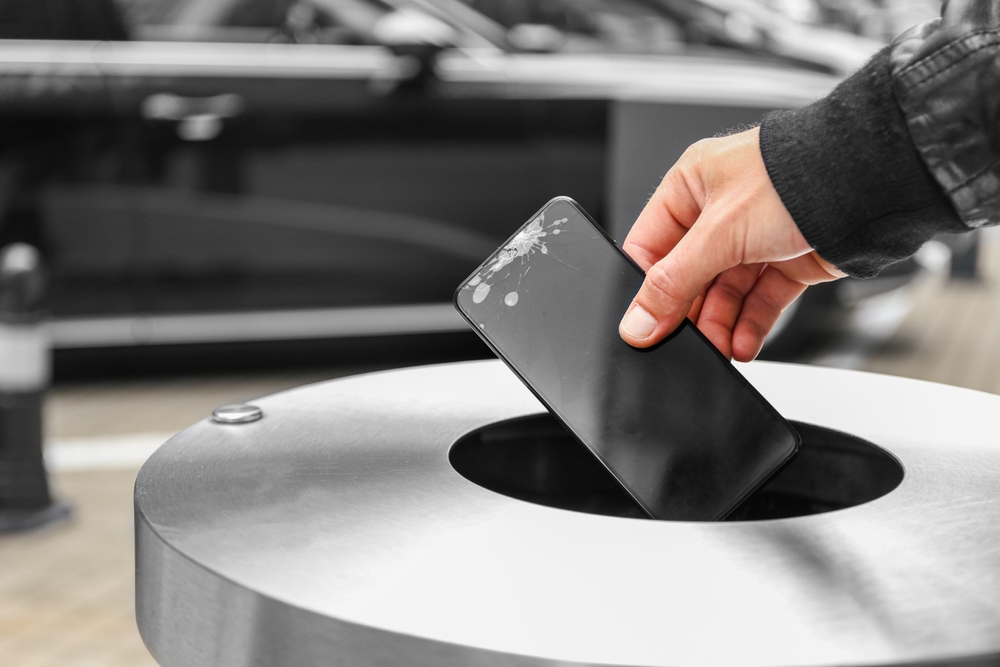
It may be surprising for people to learn that it’s against the law to trash old phones, even if they are breaking apart by the minute. This is because their electrical components are harmful for the environment. Fortunately, there are several ways to get rid of them. One is simply giving it to your cell providers. They sometimes want old electronics to reuse their parts, and may give credit towards the purchase of a new device. Other retailers may also be interested. And, if your old phone is still usable, donate it to Goodwill or other charity organizations. But if it’s beyond repair, dispose of it at a local e-waste recycling facility.
Read More: The Dark Side of Dolphins: 8 Surprising Facts
